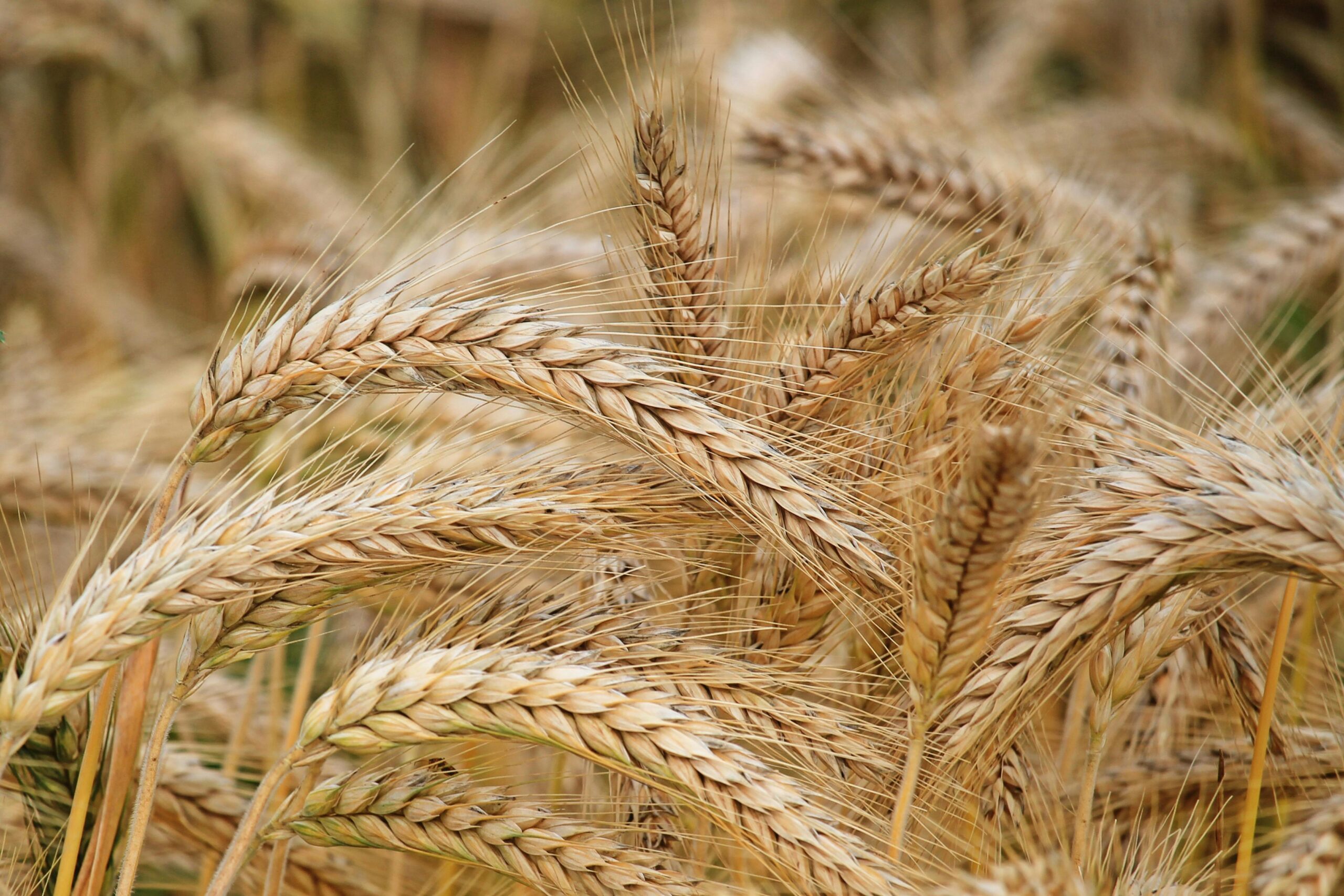The Hidden Dangers of Ultraprocessed Foods: What Happens When You Stop Eating Them?

Ultraprocessed foods are a cornerstone of modern diets, yet they come with significant health risks. These foods, often high in sugar, unhealthy fats, and artificial additives, are convenient and appealing but can harm the body in numerous ways. While they offer convenience and long shelf lives, the negative effects of ultraprocessed foods on health are hard to ignore. To understand the full extent of their impact, it’s essential to delve into what ultraprocessed foods are, how they affect the body, and the benefits of avoiding them.
What Are Ultraprocessed Foods?
Ultraprocessed foods are industrial formulations that go far beyond simple food preparation. They often include ingredients not typically found in home kitchens, such as preservatives, emulsifiers, artificial flavors, and colorings. Examples include packaged snacks, sugary cereals, frozen dinners, soft drinks, and instant noodles. These foods are engineered to be hyper-palatable, meaning they’re designed to taste irresistibly good, often at the expense of nutritional value.
Unlike whole or minimally processed foods, ultraprocessed foods are stripped of essential nutrients like fiber, vitamins, and minerals during manufacturing. They’re then loaded with additives to enhance flavor, texture, and shelf life. This process results in products that may satisfy cravings but fail to nourish the body adequately.
How Harmful Are Ultraprocessed Foods?
1. Increased Risk of Chronic Diseases
Numerous studies have linked ultraprocessed foods to an increased risk of chronic illnesses such as obesity, type 2 diabetes, and cardiovascular disease. A study published in The BMJ found that a 10% increase in the consumption of ultraprocessed foods was associated with a 12% higher risk of heart disease and a 10% higher risk of stroke. The high levels of added sugars, unhealthy fats, and sodium contribute significantly to these health issues.
2. Weight Gain and Obesity
Ultraprocessed foods are calorie-dense but nutrient-poor, making it easy to consume excessive calories without feeling full. Their low fiber content means they’re less satisfying, leading to overeating. Moreover, these foods often disrupt the body’s natural hunger and satiety signals, further promoting weight gain.
3. Impact on Mental Health
Emerging research suggests a link between ultraprocessed food consumption and mental health issues such as depression and anxiety. These foods’ high glycemic index can cause blood sugar spikes and crashes, affecting mood and energy levels. Additionally, the lack of essential nutrients like omega-3 fatty acids and B vitamins—crucial for brain health—may contribute to mental health declines.
4. Gut Health Disruption
The additives and lack of fiber in ultraprocessed foods can harm gut health. Artificial sweeteners, for instance, have been shown to disrupt the balance of gut microbiota, which plays a vital role in digestion, immunity, and overall health. A disrupted gut microbiome can lead to inflammation, poor digestion, and even increased risk of autoimmune conditions.
5. Risk of Cancer
Some studies have raised concerns about the potential link between ultraprocessed foods and cancer. A 2018 study in The BMJ found that a 10% increase in ultraprocessed food consumption was associated with a 12% higher risk of cancer overall, including breast cancer. This correlation may be due to the high levels of sugar, unhealthy fats, and artificial additives.
What Happens to Your Body When You Stop Eating Ultraprocessed Foods?
Eliminating ultraprocessed foods from your diet can lead to profound health improvements, often noticeable within weeks. Here’s what happens when you make the switch to whole and minimally processed foods:
1. Improved Energy Levels
Ditching ultraprocessed foods stabilizes blood sugar levels, reducing the energy crashes often caused by sugary snacks and drinks. Whole foods provide sustained energy due to their complex carbohydrates and natural nutrient profiles.
2. Better Digestive Health
Replacing ultraprocessed foods with fiber-rich whole foods like fruits, vegetables, and whole grains improves gut health. Fiber nourishes beneficial gut bacteria, promoting regular bowel movements and reducing bloating and inflammation.
3. Weight Loss and Improved Body Composition
Whole foods are naturally lower in calories and more satisfying, making it easier to maintain a healthy weight. Studies show that individuals who reduce their intake of ultraprocessed foods tend to lose weight and have lower body fat percentages over time.
4. Enhanced Mental Clarity and Mood
The absence of artificial additives and the presence of essential nutrients like magnesium and omega-3 fatty acids contribute to better mental health. Many people report improved focus, reduced anxiety, and enhanced mood after eliminating ultraprocessed foods.
5. Reduced Risk of Chronic Diseases
Lowering your intake of ultraprocessed foods can significantly reduce the risk of developing chronic illnesses. A diet rich in whole foods provides antioxidants, healthy fats, and essential nutrients that protect against heart disease, diabetes, and even certain cancers.
Read More:
- What Are the Good Effects of Walking?
- Traditional Christmas Dinner Ideas to Delight and Impress Your Guests
- Lifestyle: Understanding the Importance of Mental Health Awareness
How to Transition Away from Ultraprocessed Foods
1. Start with Small Changes
Transitioning to a diet with fewer ultraprocessed foods doesn’t have to happen overnight. Start by replacing one ultraprocessed snack per day with a whole-food alternative, such as swapping chips for a handful of nuts or a piece of fruit.
2. Plan Your Meals
Planning meals in advance can help you avoid the temptation of reaching for convenient ultraprocessed options. Batch cooking and prepping healthy snacks ensure you always have nutritious choices on hand.
3. Read Labels Carefully
When buying packaged foods, look for products with short ingredient lists and recognizable components. Avoid items with high levels of added sugars, unhealthy fats, and artificial additives.
4. Focus on Whole Foods
Base your diet on whole, nutrient-dense foods such as vegetables, fruits, lean proteins, whole grains, and healthy fats. These foods provide the nutrients your body needs without the harmful additives.
5. Stay Hydrated
Drink plenty of water throughout the day and avoid sugary beverages. Herbal teas and infused water can be excellent alternatives to sodas and energy drinks.
The Hidden Dangers of Ultraprocessed Foods
Ultraprocessed foods may be convenient and tasty, but their long-term health risks far outweigh the short-term benefits. From increasing the risk of chronic diseases to disrupting gut health and mental well-being, these foods take a toll on nearly every aspect of health. By reducing your reliance on ultraprocessed foods and focusing on whole, nutrient-dense alternatives, you can improve your energy levels, mental clarity, and overall quality of life. While the transition may take time, the benefits of a diet rich in whole foods are well worth the effort.
Sources
- Monteiro, C. A., et al. “The UN Decade of Nutrition, the NOVA Food Classification, and the Trouble with Ultraprocessing.” Public Health Nutrition, 2018.
- Hall, K. D., et al. “Ultra-Processed Diets Cause Excess Calorie Intake and Weight Gain: An Inpatient Randomized Controlled Trial of Ad Libitum Food Intake.” Cell Metabolism, 2019.
- Fiolet, T., et al. “Consumption of Ultraprocessed Foods and Cancer Risk: Results from NutriNet-Santé Prospective Cohort.” BMJ, 2018.
- Ludwig, D. S., et al. “Ultra-Processed Foods and Obesity: The Pitfalls of Superficial Associations.” The American Journal of Clinical Nutrition, 2020.
- National Institutes of Health (NIH): “Dietary Guidelines and the Role of Processed Foods.”










